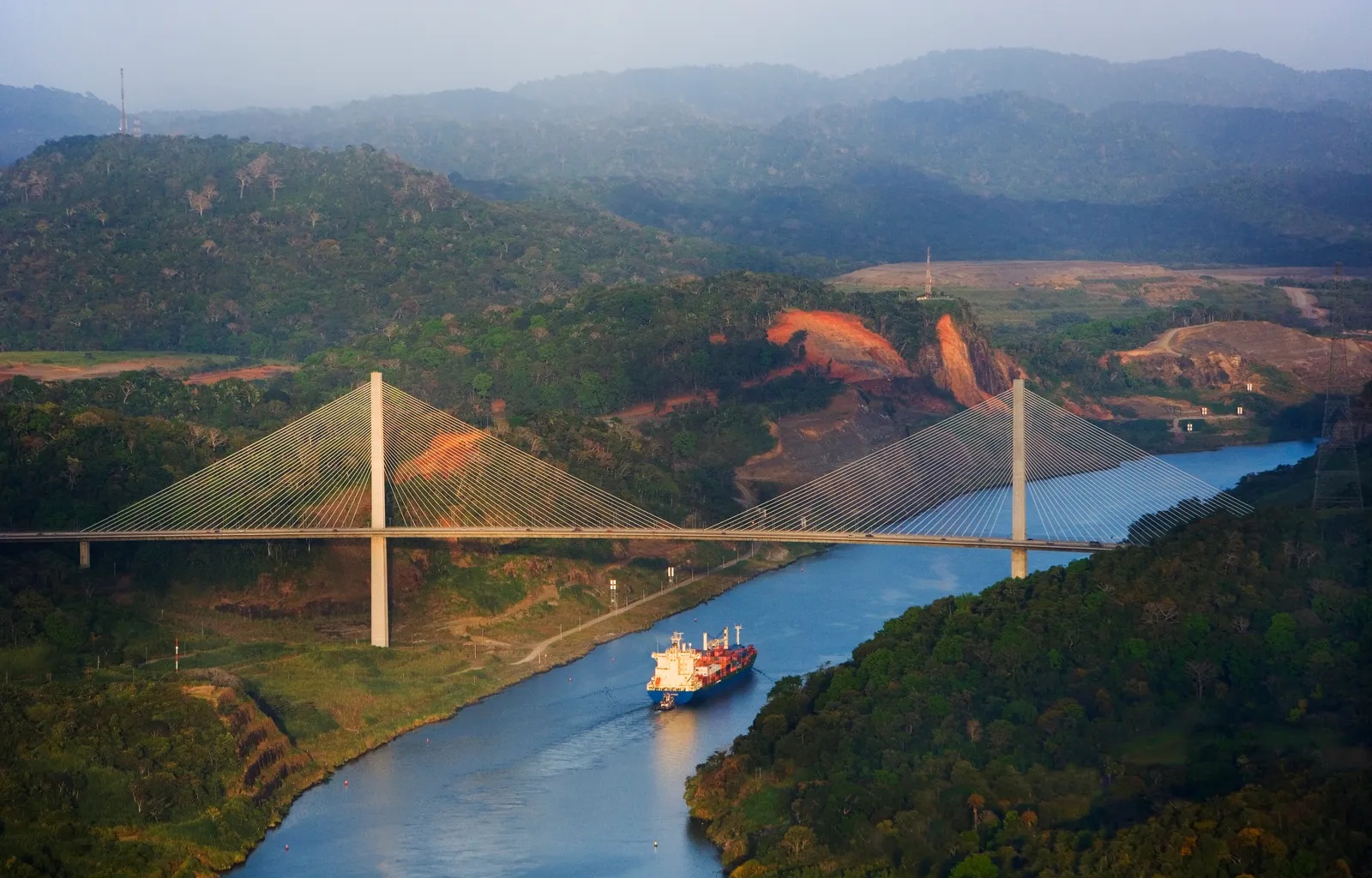Rain shortfall threatens Panama Canal transits

The Panama Canal, the core of the Panamanian economy, closed fiscal year 2023 with a decrease in transits and tons transported, which were offset by the income from tolls, the product of an increase that came into effect this year.
Toll revenues totaled $3,348 million when in fiscal year 2022 they reached $3,028 million. The funds were obtained from a Canal that has been prey to drought, facing historically low water levels.
The Canal depends on water for the transit of ships. When there is a drought, there are three possible scenarios: fewer ships pass through, fewer cargo transits or both occur together.
Today, the persistent drought associated with the El Niño phenomenon continues to have a strong impact on the Canal reservoir system, resulting in a significant decrease in available water levels.
Total precipitation over the Panama Canal Watershed during the fiscal year 2023 (which runs from October 1, 2022, to September 30, 2023) was 1,999 millimeters (mm), 25% below the historical average, (2,659 mm.)
In October 2023, it rained 41% less than usual, taking Gatun, at the end of November Lake to unprecedented levels for the time of year.
Yesterday, the Panama Canal Authority (ACP) reported that this month alone the rains or precipitation have been 25.8% below the regular average for this time.
Such a situation affects the shipping companies that use the route, which warn that the road is losing the reliability factor, necessary to guarantee the passage of ships at the pace of world trade.
As of December 1, the Panama Canal registered a reduction in the number of daily reservations for the passage of ships. It went to 22 daily transits, continuing the downward trend.
The forecast is that by January 2024, bookings will further reduce to 20, reaching a point of 18 daily transits by February 2024.
Shipping companies speak
Knowing the current scenario and what is to come, the Norwegian shipping company Wallenius Wilhelmsen sent a letter to President Cortizo on November 22 warning that the situation is increasingly difficult.
“The current reduction in spaces available for transit through the Canal is negatively affecting the ability of our vessels to transit as planned. We have already had to make several difficult decisions so that some of our ships take alternative routes to avoid the continued interruption of the Canal,” the company stated.
According to Wallenius Wilhelmsen, the diversion has an obvious negative impact on customers for whom they transport cargo. It also affects their fuel consumption and their ability to continue transshipping cargo in Panama and contracting services from the local auxiliary maritime industry.
“Vessel delays create unwanted instability in our shipping schedules, preventing our customers from bringing their products to market as planned.”





